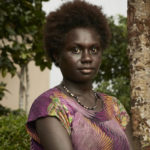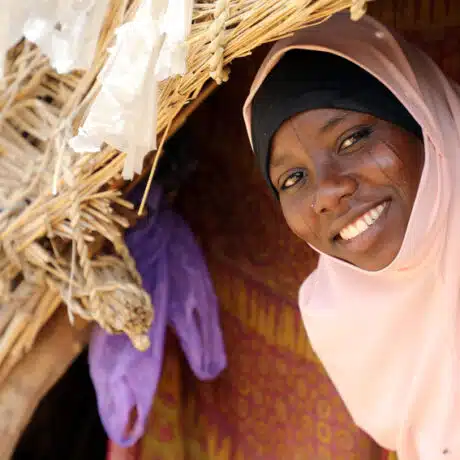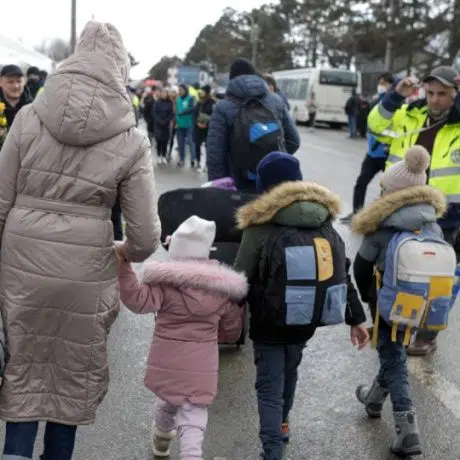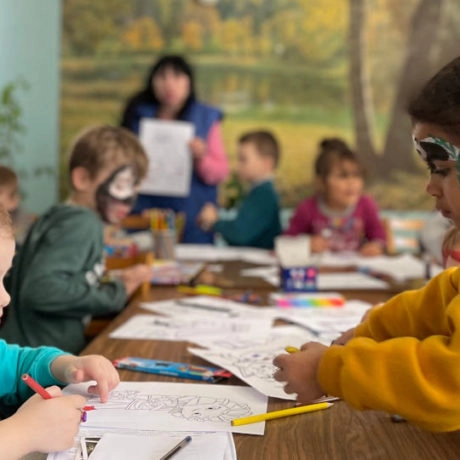News and Stories - Child Protection - 16 September 2019
Girls on the move
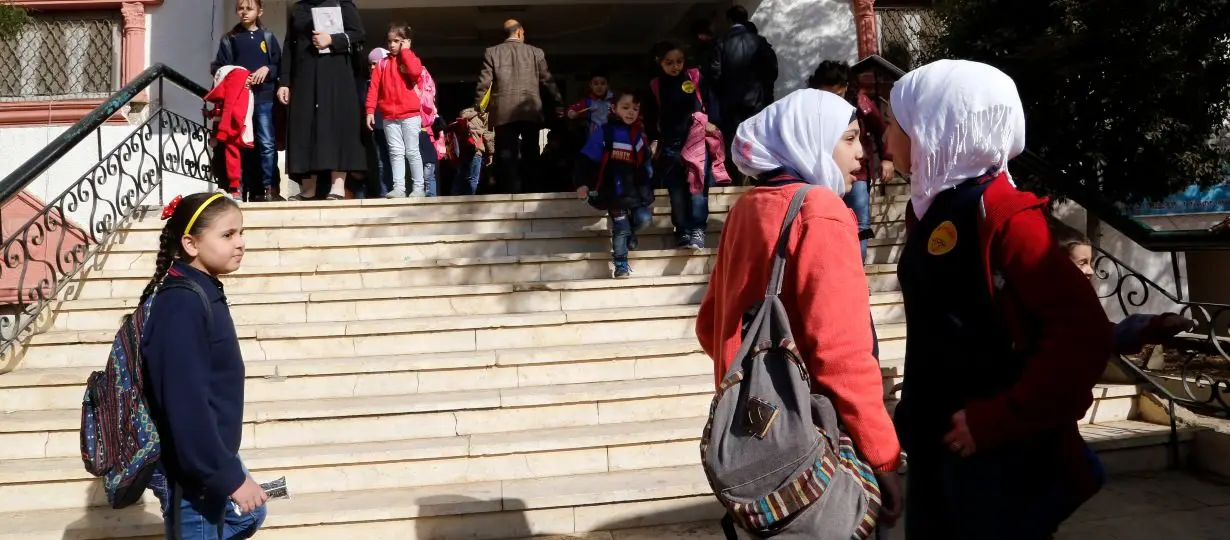
Being a teenage girl is tough. Being a teenage girl refugee is infinitely tougher.
Every day we hear of the tragic situation facing people around the world, who are forced to leave their homes looking for safety and a better life for their families. It’s hard to forget the images of desperate Syrian parents arriving in Europe, after a frightening journey by sea, with their children in their arms. But despite the widespread coverage of the global refugee crisis, the unique experiences and challenges for girls who are fleeing their homes seeking safety are often invisible and rarely spoken about.
When girls are forced to leave their homes, they are extremely vulnerable to a range of threats during their often perilous journeys. Whether at borders, in detention, waiting for their status to be decided or settling in their new surroundings, adolescent girls on the move experience double marginalisation because of their age and their gender.
Plan International Australia supports the rights of all girls who are refugees and asylum seekers to be safe, educated, happy and independent, no matter where they are in the world. Here are three reasons why we stand with girls who are refugees and asylum seekers:
- Girls on the move are one of the most at-risk groups when it comes to sexual violence, abuse and exploitation. Adolescent girls travelling alone, who become separated from their family and cut off from their communities, are particularly vulnerable to rape, sexual trafficking and exploitation.
- Adolescent girls who are displaced are at more risk of early and forced marriage and early pregnancies. For example, the number of marriages involving Syrian girls under the age of 18 living in Jordan has risen from 13% to 32%. Complications during pregnancy and childbirth are the second highest cause of death for girls aged 15-19 worldwide. Poor living conditions, abusive home environments and the idea that marrying off girls will provide them with protection, all contribute to increasing rates of child marriage.
- Girls are more likely than boys to be pulled out of school and less likely to return to school when they are displaced. Our research has found that Syrian parents who feared for the security of their adolescent girls were more likely keep them at home rather than send them to school.
Girls, in particular adolescent girls, face unique challenges and their needs are often overlooked in humanitarian responses targeted at children and women.
Ghalia is a 17 year old Syrian girl who moved to Egypt in 2013 with her parents.
“My time in Syria was very difficult because my hometown was greatly affected by the fighting. One day, while I was at school, the building was bombed and that day I lost my best friend. I think this has really negatively affected me, even today. After the bombing, my parents insisted on leaving Syria and moving to Egypt for our safety.”
My biggest concern about leaving Syria was the fact that I would be leaving my education behind.“When our school was bombed, it was in the middle of our exams period, and then we left before I was able to finish my exams. This was frustrating for me because I had worked really hard to prepare for the exams. It was difficult when I moved to Egypt because I didn’t really understand the Egyptian curriculum and I had a hard time balancing my studies with other responsibilities at home. I also found it hard to adapt because people around me and at school didn’t really understand my dialect, which was also difficult for me. At the end of my first year of school in Egypt, I had horrible grades and really passed which really upset me because my education is so important to me.”
At Plan International, we believe that girls who are refugees and asylum seekers must have access to quality, safe and inclusive education. Being in classrooms can contribute to their protection from physical and emotional abuse, prevent child marriage and improve their future life opportunities.
We believe that girls have a right to live free from violence and abuse. At the most basic level, there should be measures in place in refugee camps and detention centres that reduce the risks to girls of sexual and gender based violence. There should also be psychosocial support readily available for survivors.
We also believe that girls must have access to life-saving and comprehensive sexual and reproductive health services. Access to timely and quality reproductive health services can save the lives of countless numbers of girls.
In the weeks, months and years to come there will be many discussions on how the Australian government and governments across the world can support refugees and asylum seekers in response to the global crisis.
Let’s make sure that adolescent girls are no longer invisible in these discussions.

